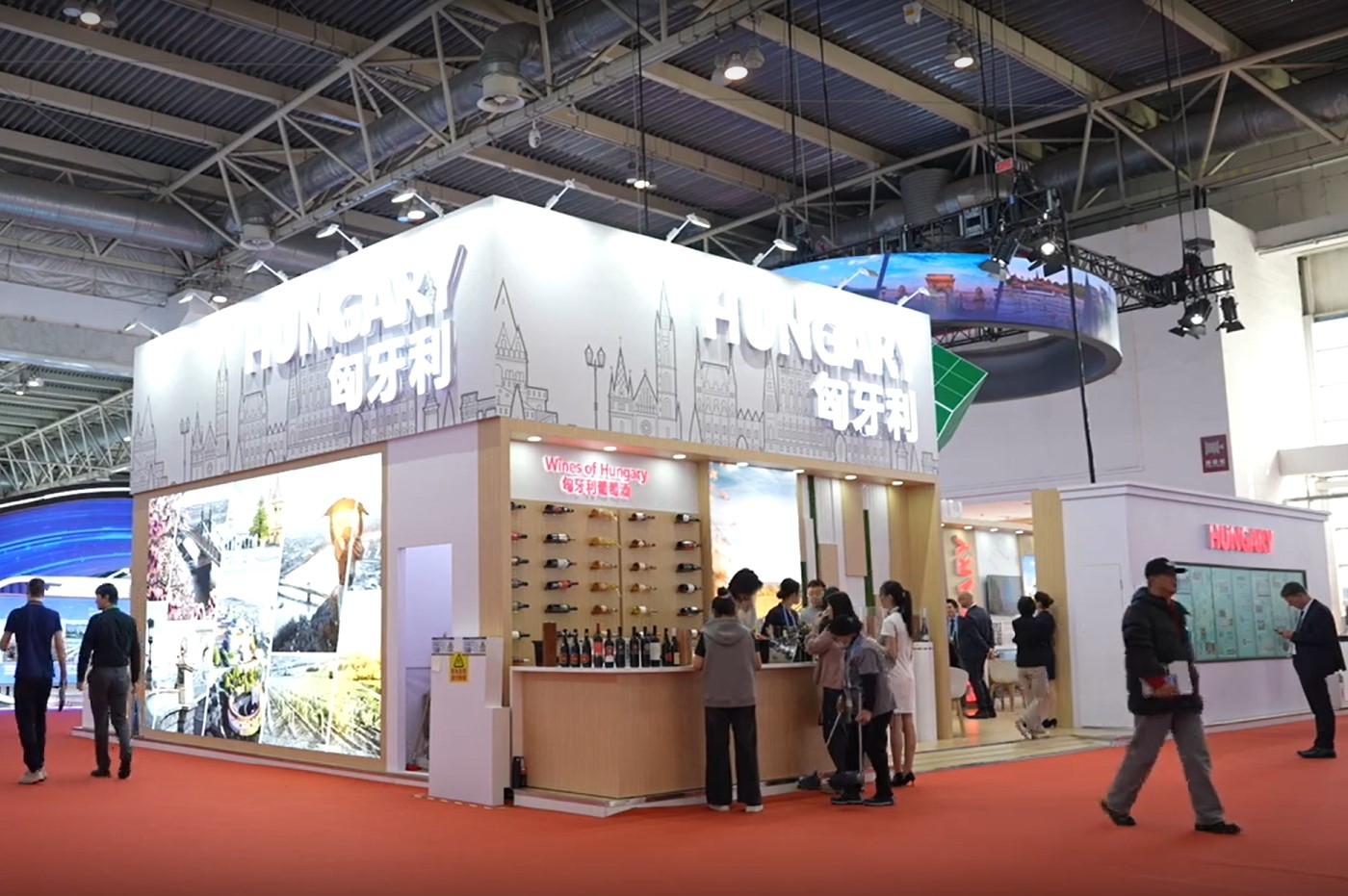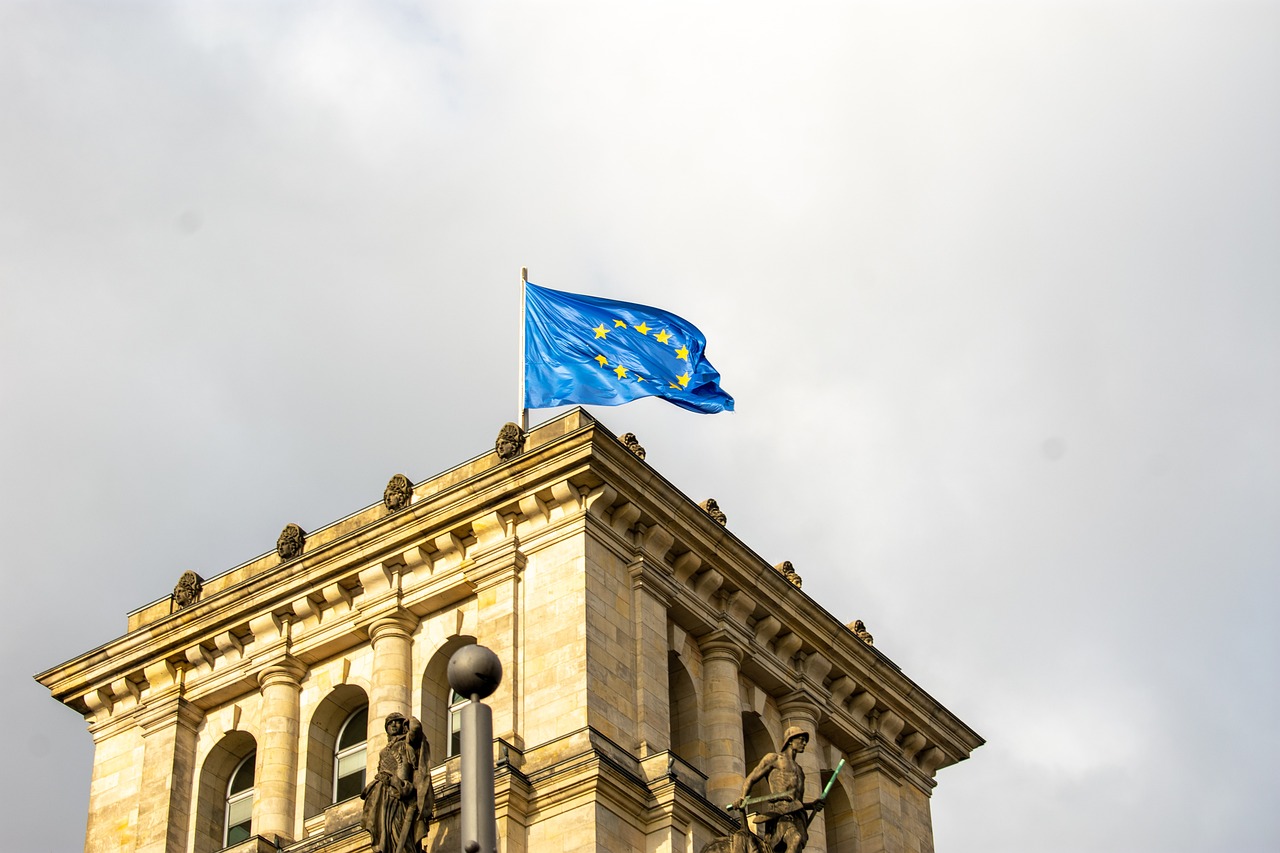
The Central Bank of Hungary Governor praises intellectual and human ties between China and Hungary.Continue reading

The most important achievement of the Hungarian EU Presidency is the adoption of the Competitiveness Pact, which will serve as a basis for starting substantive work and dialogue on competitiveness, Zoltán Kovács, Secretary of State for International Communication and Relations, told Eurázsia Magazin in an interview.
The politician recalled that Hungary took over the presidency in difficult circumstances, as the new European Commission only took office in December and the European Parliament was still searching for itself in the months after the elections. He added that it was not easy to reach agreement on the big issues, but it was possible to reach an agreement with the institutions, and for example, the European Union had managed to create a budget for next year, which was not a foregone conclusion.
The most important result, he highlighted, was that after the European Political Community summit in Budapest, the informal European Council succeeded in adopting a competitiveness pact, on the basis of which substantive work and dialogue on competitiveness can begin. Asked about Hungary’s proposal for restoring Europe’s competitiveness, Zoltán Kovács said that the government does not believe that further centralization, the creation of a so-called “United States of Europe,” will solve the problem.
We have been saying for a long time that maintaining interconnections and openness is not only in the interest of Member States. For Europe, openness has always been a competitive advantage that has underpinned Europe’s prosperity and weight in the world,”
he emphasized.
Openness is in Europe’s interest
In an interview with @EurasiaMagazine, I reflected on Hungary’s tenure as the holder of the #HU24EU and the pressing challenges facing Europe.
Europe’s prosperity has always been rooted in its openness, connectivity, and ability to reach… pic.twitter.com/67Yg8J8Q1j
— Zoltan Kovacs (@zoltanspox) January 16, 2025
Zoltán Kovács said that competitiveness must also be taken into account within Europe, because Europe, although a small continent in size, is big enough and fragmented enough that its different regions have skills and talents that cannot be standardized. Each region must be allowed to make the best of its own talents.
The politician pointed out that we need to return to what we have long said: that Europe’s strength has been its policy based on consensus. He said that
if a lot of decisions are made that those involved do not actually want to implement in the end, this is clearly not in the interests of European competitiveness.
This is particularly true in the case of the imposition of punitive tariffs on Chinese electric vehicles on Member States. “This perception – a decision-making mechanism, if you like – is what we need to get rid of, because it leads to a dead end,” highlighted Kovács.
Asked what consequences the Hungarian government expects from the punitive tariffs, the Secretary of State said the government’s conclusion is that it cannot be good. The basic idea, the policy of closure, will not lead anywhere, he added. Kovács also pointed out that the question would soon arise in relation to the United States, as the next president would pursue a policy of firmly protecting the US market.
Decisions should be based not on ideology but on common sense,”
he emphasized. Nobody disputes the original intention, but decisions that destroy European farmers and kill the engine of the European economy also lead to dead ends, he added.
According to Kovács, bad decisions are exacerbating the differences between the European Commission and Member States. The European Commission has been taking away powers and elements of sovereignty from Member States in more and more areas for a decade now. The treaties clearly set out which elements of sovereignty are transferred to the Member States. This does not mean that they have given up their sovereignty, but that they are exercising these elements of sovereignty jointly. The EU institutions are afraid of tampering with the treaties, so they practice stealthy forms of devolution. Just think of the purchase of vaccines, the joint purchase of gas, or the migration pact,” he pointed out.
In relation to US President-elect Donald Trump, Kovács said that it is fundamental that we approach each other on the basis of mutual respect, but this respect is completely absent from a significant part of Western European politics.
Asked whether Trump would also respect Hungarian views on China, Kovács said that ideological pressure should not be expected, and that this in itself would be a great relief. The government’s starting point is that Hungary remains a place where investment can come from anywhere. “We are open and want to offer the best conditions,” he added. He said that those who come to Hungary to invest, to produce, and to create innovation bases not only benefit Hungary, but also act for the competitiveness and economy of Europe.
Via MTI, Eurázsia Magazin; Featured photo via Pixabay